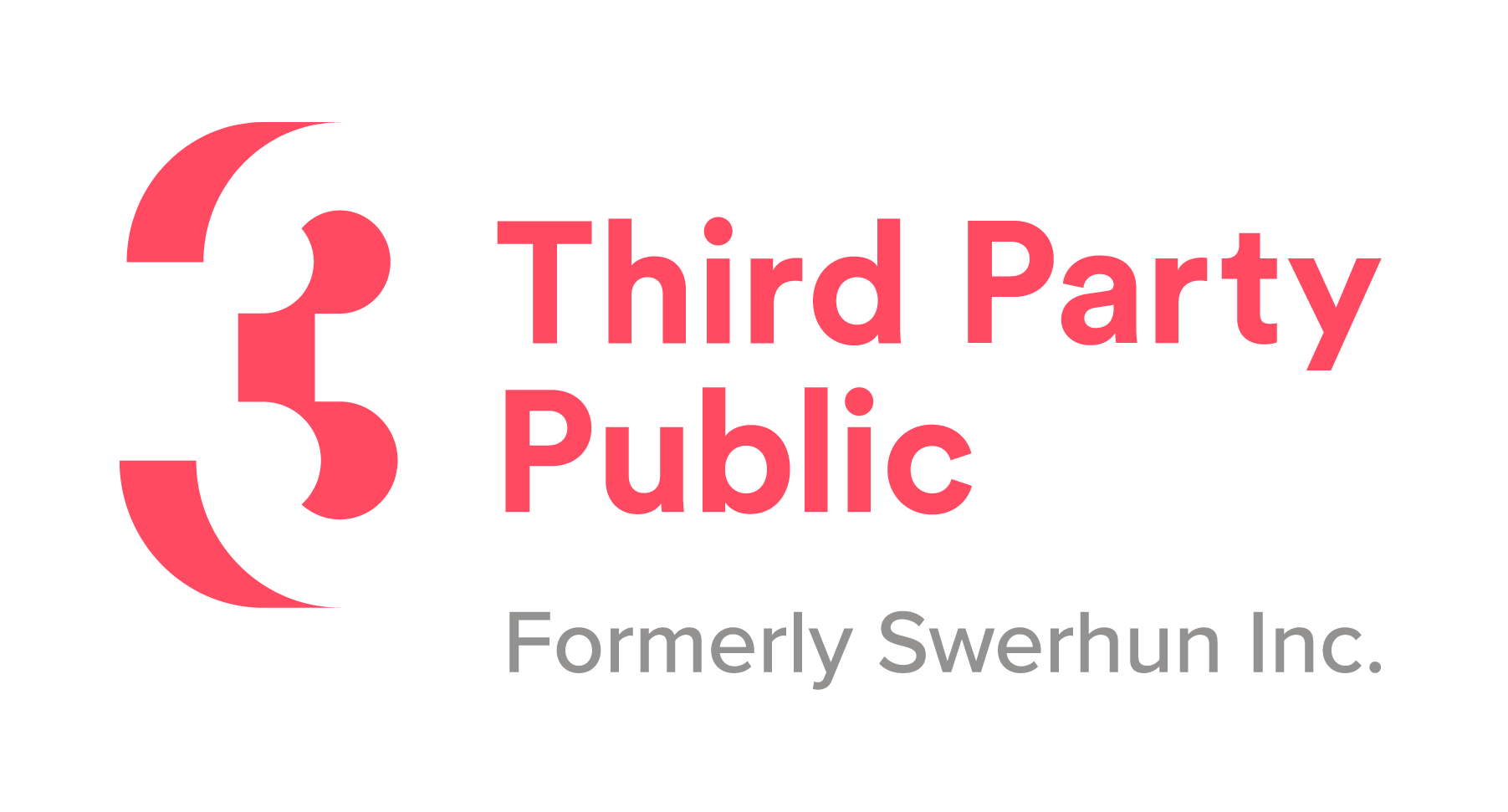BUILDING STRONG RELATIONSHIPS
STRATEGY 5
What it is:
Building relationships refers to establishing the opportunity to build a strong interpersonal connection between all people participating in the process. This includes the facilitator of the process, decisions makers who will receive recommendations from the process (typically senior civil servants and elected officials) and everyone who contributes to the development of those recommendations (i.e. public, stakeholders, etc.).
Why does it matter?
When there is a positive relationship between people there is a lot more tolerance, flexibility, willingness and space to see things from other perspectives. This is very helpful when many different interests have to negotiate to find the common ground needed to make decisions that are supported, and ultimately move forward.
Building strong relationships recognizes that any information a participant chooses to share is helpful, even if it’s negative. Showing that all feedback is valued increases the likelihood that participants will be honest about their opinions, giving you the opportunity to respond to them.
Mistakes and misunderstandings can happen. They are easier to overcome with a strong and trusting relationship – it’s much easier to work together when people are willing to give each other the benefit of the doubt.
Building strong relationships ensures a regular connection with participants from the beginning of the process through to completion.
Examples of how it matters:
At the start of many projects there is often an articulate, informed, vocal community leader that is extremely concerned and passionate about what’s happening. Often their opinion is based on a small subset of project-related information that has made its way into the public realm prior to the project actually getting underway. These leaders often feel they have a strong responsibility to protect their communities from the threat of apparent injustices that are being planned. It is critical to build relationships with these leaders – and this starts with earning trust, freely sharing information, and really investing in expanding their understanding of the work. This effort has proven time and time again to be worth it – these concerned leaders regularly transform into strong project supporters when an investment is made in building a strong relationship with them.
A regional transit authority was conducting a public consultation related to the design of a major new piece of transit infrastructure. A participant in the process, who was a retired employee in the Provincial Ministry of Transportation and was very familiar with the technicalities of infrastructure planning, wrote a long email with feedback. Although many of the points in the email were not relevant to the work or incorrect, there were a couple of points that contributed to the discussion. The relationship-building reply demonstrated an appreciation for the effort that went into providing the feedback, identified the feedback that was particularly helpful, explained at what point that feedback would be considered in the decision making process along with feedback from others. Focusing on the advice that has value is the key here.
Elected officials appreciate having opportunities to connect to their constituencies. One important relationship-building option that can be very helpful involves working with those elected officials to distribute invitations or meeting notices through their office to their constituencies. Some councillors will take you up on it and some won’t. The offer in itself demonstrates that you have respect for the networks they are accountable to, and recognize the value of using their networks to reach out on projects.
Guiding Principles for Consultation that help create and maintain strong relationships:
Accountability. Provide accurate, timely information and demonstrate how it has made use of input received from participants.
Clarity. There will be well defined objectives for, and limits to, consultation and active participation during the process. Clarity regarding respective roles and responsibilities of all participants will be provided.
Timeliness. Consultation will begin as early as possible in the process to allow a greater range of opportunities and issues to emerge and to raise the changes of successful issue resolution.

